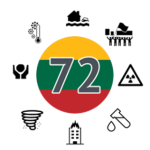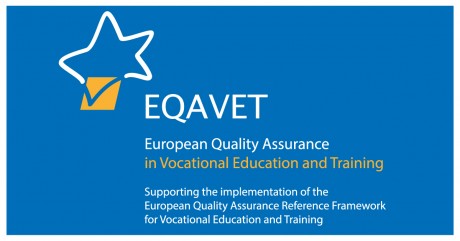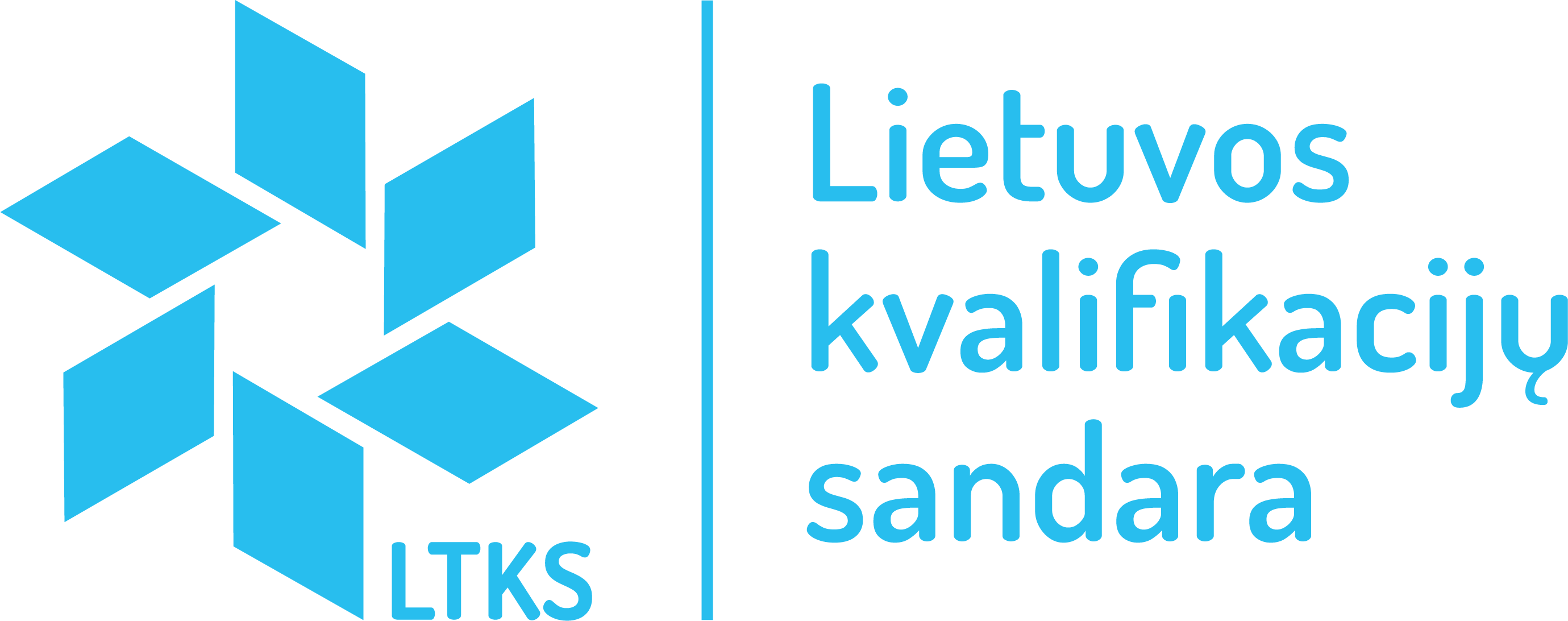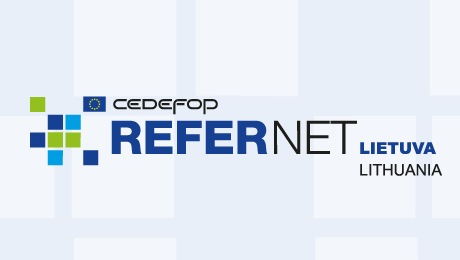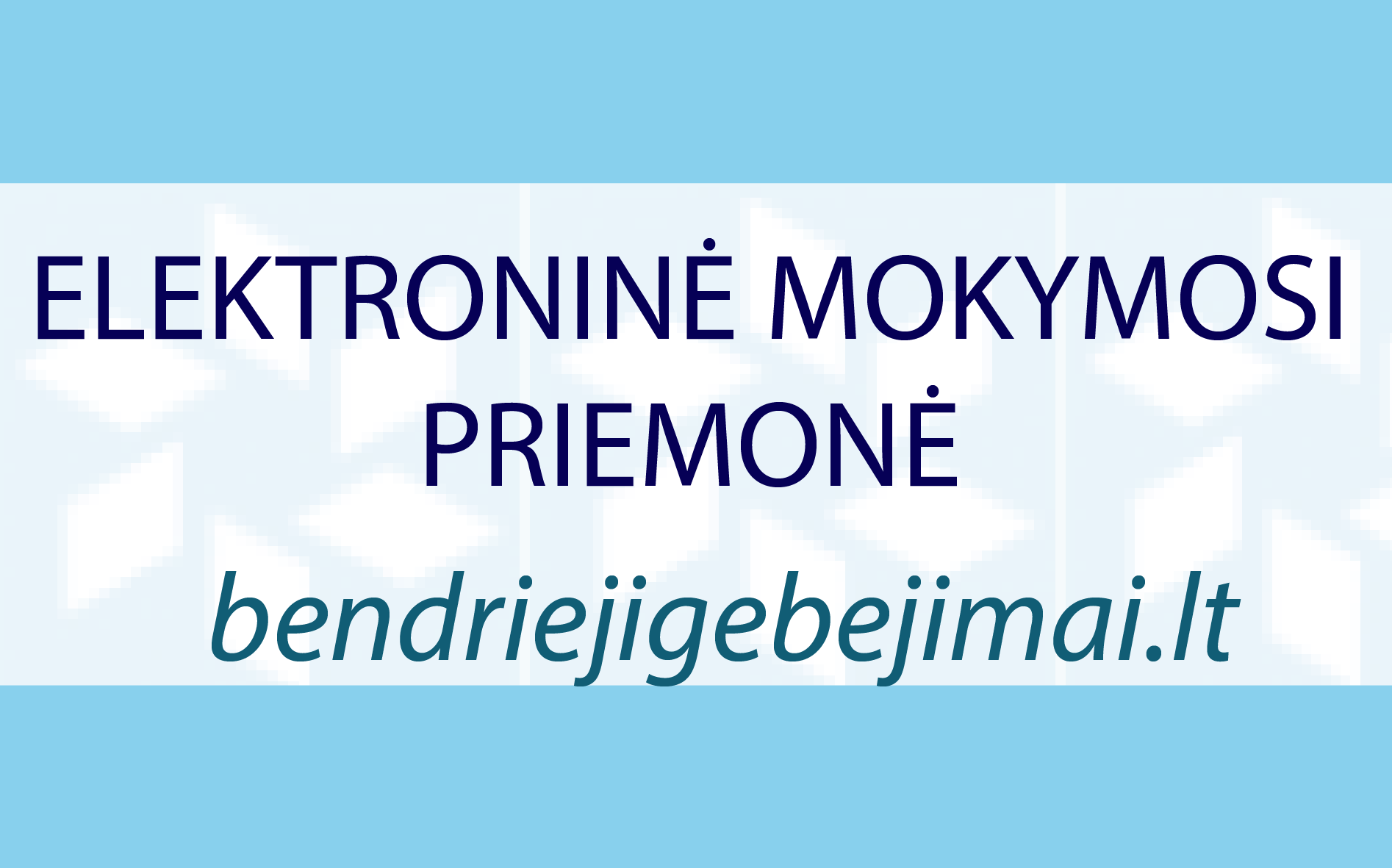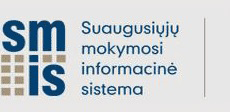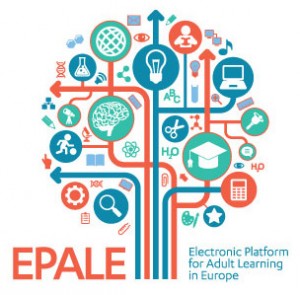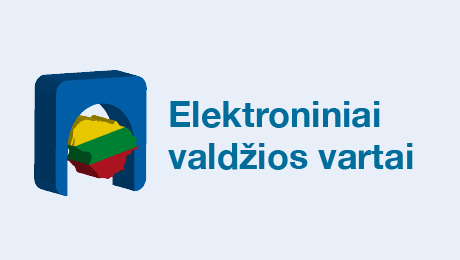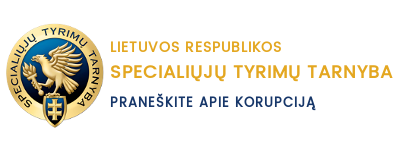Like the European Qualifications Framework (EQF), the Lithuanian Qualifications Framework (LTQF) has 8 qualification levels. Levels of qualifications are arranged hierarchically, in accordance with the criteria defining qualifications’ levels: complexity, autonomy and a range of activities which a person with certain qualifications can be expected to carry out. The LTQF includes qualifications for working and learning, the main purpose of which is to prepare a person for further learning. Such qualifications are acquired upon completion of general lower or upper secondary education programmes.
VET qualifications are attributed to the first five levels of the LTQF in the Lithuanian qualifications system. Qualifications at levels 1-4 are acquired by completing vocational education and/or general education programmes, whereas qualifications at level 5 are acquired by completing training programmes intended for people with a vocational qualification and professional experience, short cycle study programmes, and/or through professional experience and independent study.
Level 6 qualifications are acquired by completing cycle one of university or college studies and/or through professional experience and independent study.
Level 7 qualifications are acquired by completing cycle two of university studies or integrated study programmes and/or through professional experience and independent study.
Level 8 qualifications are acquired by completing doctoral studies and/or through professional experience and independent study.
Qualifications awarded at present in the LTQF:
| LTQF | Qualifications | |
| 8 | Doctoral diploma | |
| 7 | Master diploma | |
| 6 | Bachelor diploma Professional bachelor diploma |
|
| 5 | Study certificate VET diploma* |
|
| 4 | VET diploma Matura diploma** (on completion of the upper-secondary education programme and passing matura examinations) |
|
| 3 | VET diploma
Lower-secondary education certificate** |
|
| 2 | VET diploma | |
| 1 | VET diploma | |
* Presently VET qualification is awarded at NQF level 5 and short cycle study programmes are being launched.
** The legislation defining provisions for general education curricula stipulates that learning outcomes of lower secondary education programmes are referenced with a third NQF level, whereas learning outcomes of upper-secondary education programmes are referenced with a fourth NQF level.
Source: The Qualifications and VET Development Centre (QVETDC), 2019
Useful information:
- Description of Lithuanian qualifications framework. Decree of Government of Republic of Lithuania, 2010 (English) (Lithuanian)
- Referencing the Lithuanian Qualifications Framework to the EQF and the QF-EHEA. National report
- European Qualifications Framework – European Commission website
- Council recommendation of 22 May 2017 on the European Qualifications Framework for lifelong learning and repealing the recommendation of the European Parliament and of the Council of 23 April 2008 on the establishment of the European Qualifications Framework for lifelong learning
- Compare national qualifications frameworks


